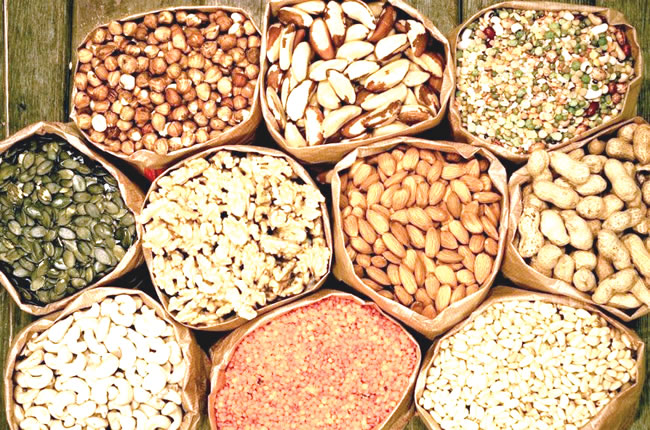
Hybrid seed, in agriculture and gardening, is produced by deliberately cross-pollinated genetically diverse plants. Hybrid seed is common in industrial agriculture and home gardening.
Karume stated this on Saturday while interacting with farmers during a demonstration exercise on ‘hybrid seeds’ to farmers at Jaji, near the state.
According to him, unless Nigerian farmers embraced quality seeds, the nation’s quest for self-sufficiency in food production would only remain a pipedream.
The ECOBasic-Seed’s boss listed the benefits of hybrid seeds to include: pest tolerance, higher yielding, uniformity in colour and maturity among others.
Karume also enjoined farmers to reduce their concentration on Open Pollinated Varieties (OPV) and embrace Hybrid Varieties which yield better and can leapfrog the country to self-sufficiency in food production.
Karume reiterated the resolve of his firm to bridge the foundation seed gaps by providing sustainable solutions to challenges encountered by farmers in the country.
This was just as he lamented poor awareness, lack of access to farm implements, storage facilities and modern ways of cultivating the land for mass food production, noting that they are some of the banes militating against the country’s quest for achieving self-sufficiency in food.
Also speaking at the event, Chairman, House Committee on Agriculture of the Kaduna State House of Assembly, Hon. Abdullahi Bello, reassured farmers in the state of the readiness of the lawmakers to enact laws that would ensure the availability of arable land for farm use.
Also, an agriculture expert and lecturer at the Institute of Agricultural Research, Ahmadu Bello University, Zaria, Rabiu Adamu, said more than 80 per cent of Nigerian farmers were on conventional seeds, describing the development as “sad and worrisome.”
He said, “We have less than 20 per cent of farmers using hybrid seed which is a very low number that will take us nowhere close to achieving our objective of producing food to match our ever-rising population as the largest in Africa.
“We have today enumerated to the audience here the gains and advantages of using hybrids for maize, rice, cowpea and other edible food production.
“The time is now to ensure our subsistent and commercial farmers graduate from using the open pollination varieties to hybrids which will guarantee our future and maintain our first place as the biggest agro-economy nation in Africa.”





